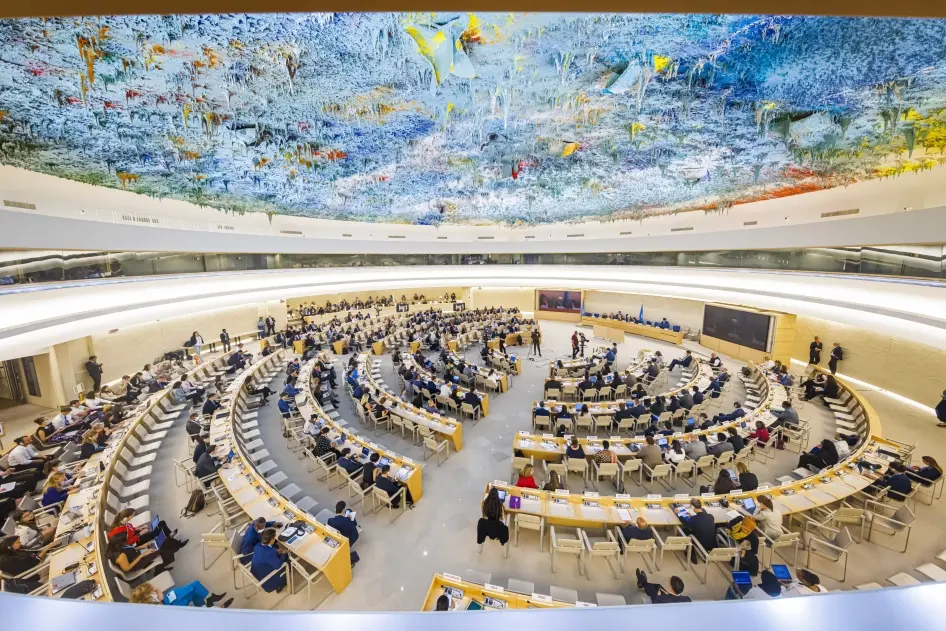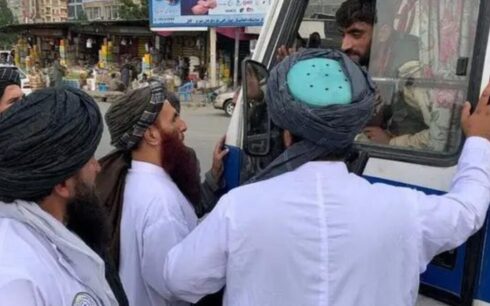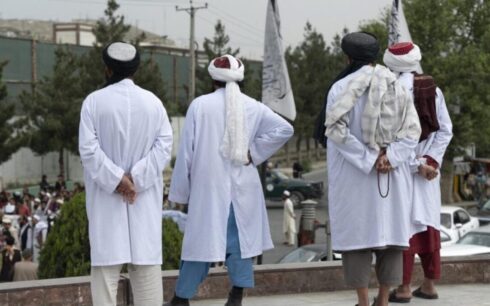GENEVA — A coalition of countries led by Iceland, with support from Chile and South Africa, has called on the United Nations Human Rights Council to establish an independent mechanism to investigate human rights abuses in Afghanistan, citing growing concerns over accountability for past and ongoing violations.
In a joint statement delivered last week, the countries urged the council to create an investigative body with a broad and comprehensive mandate that would complement the work of Richard Bennett, the U.N. special rapporteur on the situation of human rights in Afghanistan, the Human Rights Council said in a stateemnt on Tuesday, March 25.
Bennett, in a report presented to the council in February, warned that the Taliban’s continued crackdown on rights — particularly those of women and girls — has been fueled by a lack of meaningful international accountability. He called on member states to consider establishing a dedicated mechanism to collect evidence and support justice efforts.
The statement reflects mounting frustration among rights advocates and member states over the European Union’s reluctance to take the lead on creating such a mechanism, despite its role as “penholder” on Afghanistan at the council. While the EU has played a key role in shaping the special rapporteur’s mandate, critics say the deteriorating situation in Afghanistan now demands a more forceful approach.
Since the Taliban’s return to power in August 2021, Afghan and international civil society groups have repeatedly called for an independent investigative mechanism to document, preserve and analyze evidence of serious rights violations — including the Taliban’s sweeping repression of women and girls. Advocates argue that such a body could also support proceedings at the International Criminal Court and other legal initiatives seeking accountability for crimes committed in Afghanistan.
Although the EU’s most recent resolution at the Human Rights Council acknowledged the need for stronger measures, it stopped short of proposing the creation of an investigative body.
Rights groups warn that without such a mechanism, vital evidence could be lost or destroyed, further undermining efforts to bring perpetrators to justice.
“Every day, Afghan people — particularly women and girls — are suffering horrendous abuses,” said one advocacy official familiar with the discussions. “The EU should be doing all it can to advance the prospect of accountability. If it will not lead, others must step in.”





